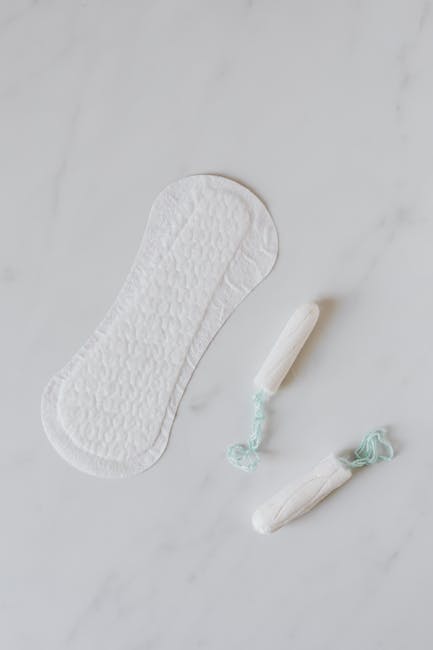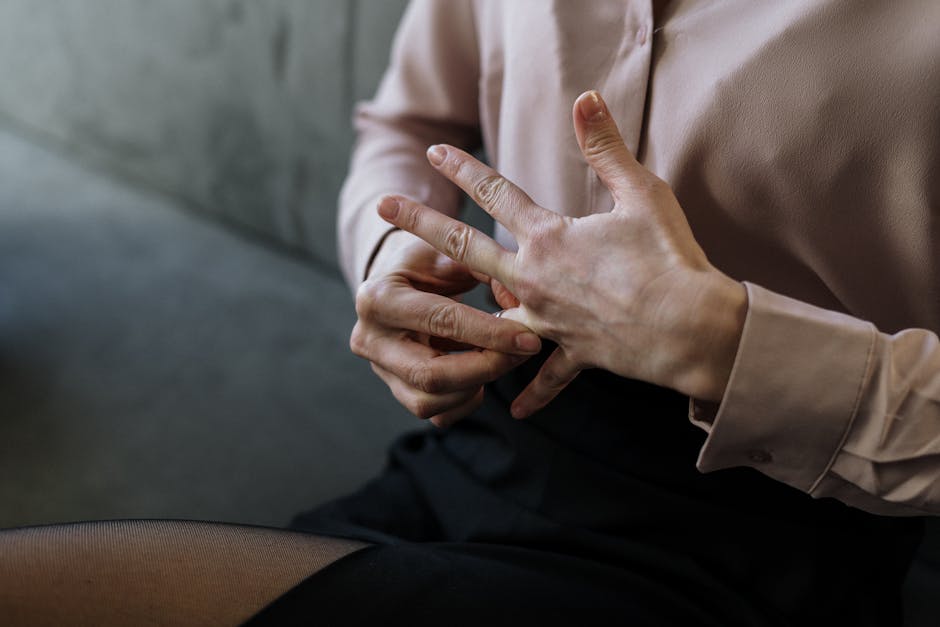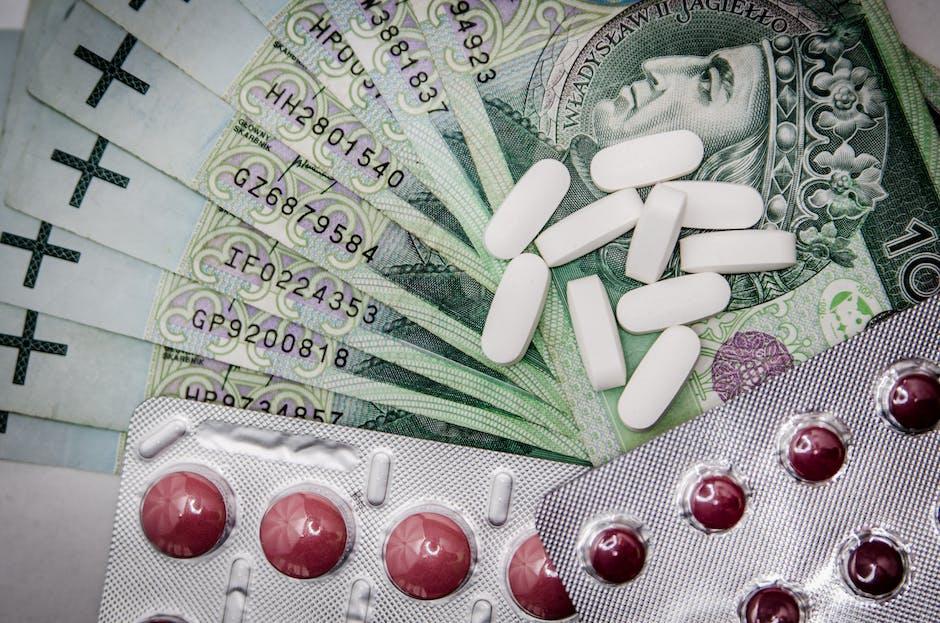Acupuncture, a traditional Chinese medicine practice, has been gaining recognition for its potential in addressing various mental health concerns. This blog post delves into the benefits of acupuncture for mental health, exploring its historical context, techniques, research findings, and the challenges it faces. If you’re interested in holistic wellness and mental health, this is a must-read.
Key Takeaways
- Acupuncture has a rich history in Eastern medicine and is increasingly adopted in Western healthcare for mental health.
- Different acupuncture techniques target specific mental health conditions.
- Research and case studies highlight the effectiveness of acupuncture in managing mental health symptoms.
- Acupuncture can enhance conventional mental health treatments and improve quality of life.
- Despite its benefits, acupuncture faces challenges in treatment efficacy, accessibility, and perception.
Introduction to Acupuncture and Mental Health
Definition of Acupuncture
Acupuncture is a form of treatment that involves inserting very thin needles through a person’s skin at specific points on the body, to various depths. The practice aims to balance the flow of energy or life force — known as qi or chi (CHEE) — believed to flow through pathways (meridians) in your body.
Overview of Mental Health Concerns Addressed by Acupuncture
Acupuncture has been used to address a range of mental health concerns, including anxiety, depression, post-traumatic stress disorder (PTSD), and stress. It’s seen as a complementary therapy that can enhance traditional mental health treatments, offering a holistic approach to care.

Historical and Cultural Context of Acupuncture in Mental Health
Traditional Use in Eastern Medicine
In Eastern medicine, acupuncture has been used for thousands of years to treat various ailments, including mental health disorders. The practice is based on the concept of balance and harmony, aiming to restore the body’s natural energy flow, which, when disrupted, can lead to physical and mental health issues.
Adoption in Western Healthcare Practices
In recent years, Western healthcare has begun to recognize the potential benefits of acupuncture, particularly in the realm of mental health. It’s now being integrated into treatment plans alongside conventional therapies, offering a more holistic approach to mental health care.

Acupuncture Techniques and Their Specific Uses for Mental Health
Auricular Acupuncture
Auricular acupuncture, a technique that involves inserting needles into specific points on the ear, has been particularly effective in treating PTSD, especially among veterans.
Specific technique used for PTSD in Veterans
This technique targets specific points on the ear that correspond to areas in the brain associated with stress and trauma. It’s been found to reduce symptoms of PTSD, including anxiety, stress, and sleep disturbances.
Self-reported benefits from studies
Many veterans who have undergone auricular acupuncture report improvements in their mental health symptoms, indicating the potential of this technique in addressing PTSD.

Body Acupuncture
Body acupuncture, which involves inserting needles into specific points on the body, is another technique used to address mental health concerns.
Points commonly targeted for mental health
Certain points on the body are targeted for their potential benefits on mental health. For example, the “Heart 7” point (located on the wrist) is often used to treat anxiety and insomnia.
Techniques and their therapeutic effects
Different techniques can be used in body acupuncture, such as moxibustion (burning a herb above the acupuncture point) or cupping (creating a vacuum on the skin to enhance blood flow). These techniques can have therapeutic effects on mental health, such as reducing stress and promoting relaxation.

Research and Case Studies on Acupuncture for Mental Health
Studies on Veterans with PTSD
Research on veterans with PTSD has shown promising results for auricular acupuncture.
Findings from the study on auricular acupuncture
One study found that veterans who underwent auricular acupuncture showed significant reductions in their PTSD symptoms compared to those who received standard care alone (source).
Impact on stress and anxiety levels
The same study also found that auricular acupuncture helped reduce stress and anxiety levels among veterans, further highlighting its potential benefits for mental health.
Integrative Approaches in Pain Management
Acupuncture has also been used as part of integrative approaches in pain management, particularly for military personnel.
Role of acupuncture in pain relief for military personnel
Acupuncture can help manage pain, which in turn can have indirect benefits on mental health. By reducing pain levels, acupuncture can help improve mood and reduce anxiety and stress.
Indirect benefits on mental health through pain management
Pain management is crucial for mental health, as chronic pain can lead to mental health issues such as depression and anxiety. By helping manage pain, acupuncture can also contribute to better mental health outcomes.

Symptom Management in Cancer Care
Acupuncture is also used in symptom management in cancer care, particularly in alleviating psychological symptoms.
Use of acupuncture in alleviating psychological symptoms
Cancer patients often experience psychological symptoms such as anxiety and depression. Acupuncture can help manage these symptoms, contributing to the overall mental well-being of patients.
Contributions to overall mental well-being of patients
By helping manage psychological symptoms, acupuncture can improve the quality of life for cancer patients, enhancing their mental well-being and resilience.

Benefits of Acupuncture as a Complementary Therapy
Enhancement of Conventional Mental Health Treatments
Acupuncture can complement conventional mental health treatments, offering a more holistic approach to care.
How acupuncture complements psychological therapies
Acupuncture can help enhance the effects of psychological therapies. For example, it can help reduce anxiety and stress, which can make therapies such as cognitive-behavioral therapy more effective.
Examples of integrative treatment plans
Many treatment plans now integrate acupuncture with conventional therapies. For example, a patient with depression might receive psychotherapy, medication, and acupuncture as part of their treatment plan. This integrative approach can offer more comprehensive care, addressing both the physical and mental aspects of health.

Improvement in Quality of Life
Acupuncture can also improve the quality of life for individuals dealing with mental health issues.
Reduction in symptoms of depression and anxiety
By helping reduce symptoms of depression and anxiety, acupuncture can improve mood, sleep, and overall well-being.
Enhanced sleep patterns and energy levels
Acupuncture can also enhance sleep patterns and energy levels, further contributing to improved quality of life.

Challenges and Considerations in Acupuncture for Mental Health
Variability in Treatment Efficacy
While acupuncture can be beneficial for mental health, it’s important to note that treatment efficacy can vary.
Factors influencing outcomes
Several factors can influence the outcomes of acupuncture, including the severity of the mental health condition, the individual’s overall health, and the skill and experience of the acupuncturist.
Patient-specific considerations
Patient-specific considerations, such as their comfort with the treatment and their belief in its effectiveness, can also influence outcomes.

Accessibility and Perception
Despite its potential benefits, acupuncture faces challenges in terms of accessibility and perception.
Availability of qualified practitioners
Finding qualified practitioners can be a challenge, particularly in areas where acupuncture is not widely practiced. This can limit access to this potentially beneficial treatment.
Public and medical perceptions of acupuncture
Perceptions of acupuncture can also be a barrier. Some people may view it as an alternative rather than a complementary therapy, while others may be skeptical of its effectiveness. These perceptions can hinder the wider adoption of acupuncture in mental health care.
Conclusion
Summary of Key Points
Acupuncture offers potential benefits for mental health, from reducing symptoms of anxiety and depression to enhancing the effectiveness of conventional treatments. However, it’s important to consider the variability in treatment outcomes and the challenges in accessibility and perception.
Future Directions in Research and Practice
More research is needed to further understand the benefits of acupuncture for mental health and to address the challenges it faces. With more research and increased awareness, acupuncture could become a more widely accepted part of mental health care.
Final Thoughts on the Role of Acupuncture in Mental Health Care
Acupuncture offers a holistic approach to mental health care, addressing both the physical and mental aspects of health. As we continue to explore the connection between physical and mental health in holistic wellness, acupuncture could play a crucial role in providing comprehensive care.

As we continue to explore the benefits of acupuncture for mental health, it’s important to remember that it’s not a standalone treatment. It’s most effective when used as part of an integrative treatment plan, alongside conventional therapies. If you’re interested in exploring acupuncture as part of your mental health care, it’s important to consult with a healthcare professional to ensure it’s a suitable option for you.
For more information on holistic approaches to mental health, check out our articles on mindfulness-based therapy, neurofeedback, and hypnotherapy.
Unraveling the Mysteries: An FAQ Journey into Acupuncture for Mental Health
What is acupuncture and how does it relate to mental health?
Acupuncture is a traditional Chinese medicine technique that involves inserting thin needles into specific points on the body to balance energy flow. It’s believed to stimulate the body’s natural healing processes and has been used to treat various physical and mental health conditions. Regarding mental health, acupuncture is thought to influence the body’s nervous system, reducing stress, anxiety, and depression symptoms by promoting relaxation and well-being.
Can acupuncture be an effective treatment for anxiety?
Yes, acupuncture has been found to be beneficial for reducing symptoms of anxiety. Clinical studies suggest that acupuncture can help lower stress hormones, enhance mood, and improve overall feelings of anxiety. It’s considered a complementary therapy that can be used alongside traditional treatments for anxiety, offering a holistic approach to mental health care.
How does acupuncture help in treating depression?
Acupuncture may help treat depression by regulating neurotransmitters associated with mood, such as serotonin and dopamine. It’s believed to stimulate the body’s natural opioid system, which can lead to increased feelings of happiness and relaxation, reducing the symptoms of depression. While acupuncture can be an effective complementary treatment, it should be used in conjunction with other treatments like psychotherapy or medication for the best outcomes.
Is acupuncture safe and what are the possible side effects?
Acupuncture is generally considered safe when performed by a trained and licensed practitioner. Common side effects are minimal and may include slight bruising, bleeding, or soreness at the needle sites. Rare complications, such as infections or needle injuries, are very uncommon. It’s important to discuss your health history with your acupuncturist before beginning treatment to minimize risks.
How many acupuncture sessions are typically needed to see improvements in mental health?
The number of acupuncture sessions needed varies depending on the individual’s condition and response to treatment. Some people may notice improvements in their mental health symptoms after just a few sessions, while others may require ongoing treatment to achieve the desired effects. A typical treatment plan might start with 1-2 sessions per week for several weeks, with adjustments made based on progress.
Can acupuncture be used in combination with other mental health treatments?
Absolutely. Acupuncture is often used as a complementary therapy alongside conventional mental health treatments such as medication and psychotherapy. It can enhance the effectiveness of these treatments by reducing side effects, improving mood, and increasing relaxation. Always consult with your healthcare provider before combining treatments to ensure they complement each other safely.
Are there specific acupuncture points for treating mental health issues?
Yes, there are specific acupuncture points believed to be effective for treating mental health issues. For example, points on the ear are commonly used for anxiety and stress relief, while points on the body can target depression and insomnia. An experienced acupuncturist will tailor the treatment to your specific needs, choosing points that aim to restore balance and improve your mental health.
What should I expect during my first acupuncture session for mental health?
During your first acupuncture session, the practitioner will assess your health history and symptoms to create a personalized treatment plan. You’ll be asked to lie down on a treatment table, and then the acupuncturist will gently insert thin needles into specific points on your body. Many people find the experience to be relaxing and may even fall asleep during the session. After the needles are removed, you might feel a sense of calm and well-being.



